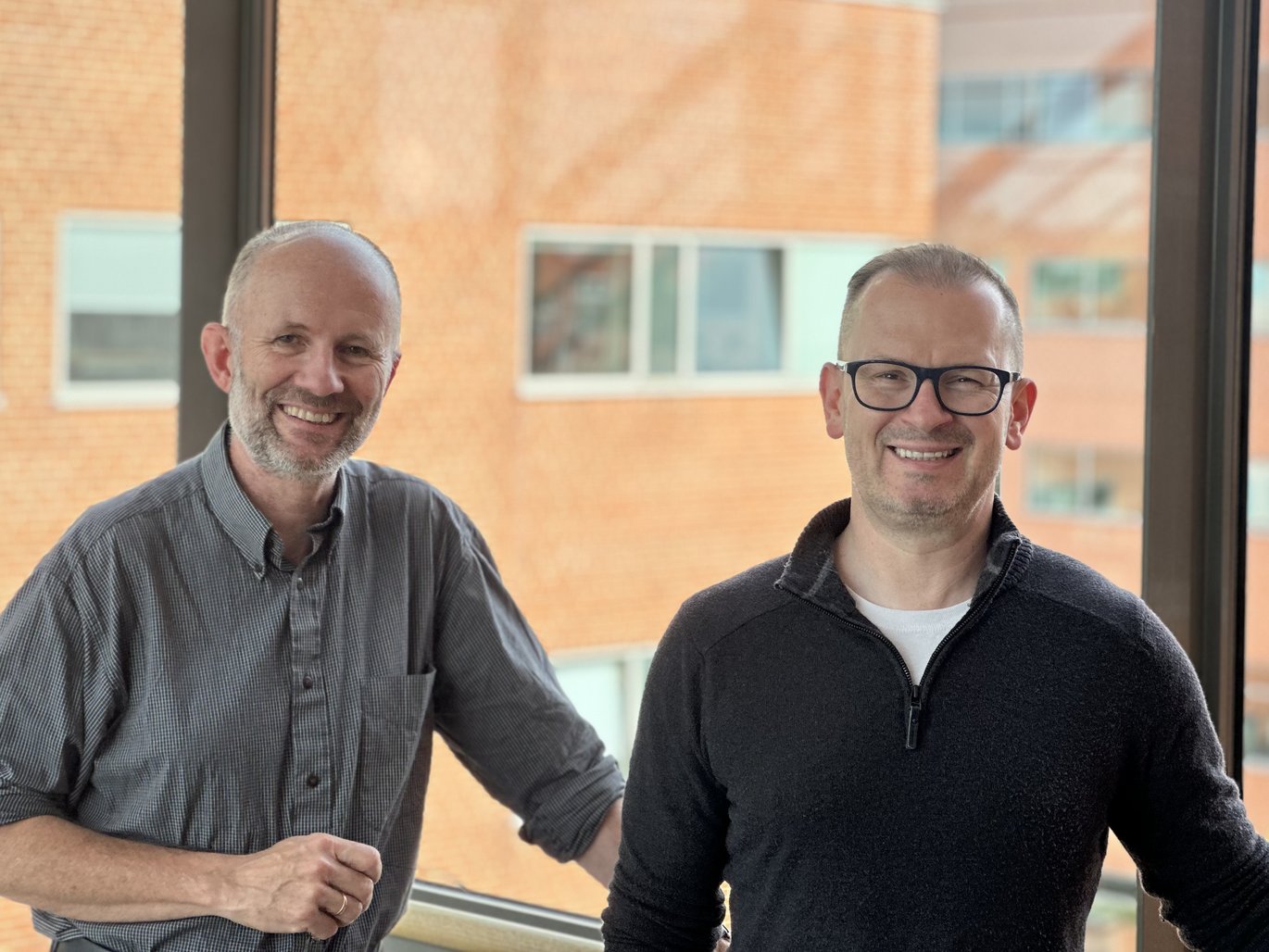Fredrik Thue and Piotr Malysz are LUMEN Guest scholars, Autumn 2024
This autumn, LUMEN has the pleasure of hosting two guest scholars who have both decided to spend a portion of their sabbatical at the LUMEN Centre. Professor Fredrik Thue from OsloMet, Norway, and Associate Professor Piotr Malysz from Beeson Divinity School, Samford University, USA. Their backgrounds and interests are testimony to the interdisciplinary scope of the LUMEN Centre.

The social role of Lutheran pastors as professional model: Fredrik Wilhelm Thue
Fredrik Thue states that he is working on a monograph exploring the social role of Lutheran pastors from the 17th to the 19th century as a historical precursor and model of modern caring and childrearing professionals in the Nordic welfare states, such as nurses, teachers, and social workers. Although his focus is on Norway, he also has a keen interest in how pastors functioned as key mediators and translators between the central power in Copenhagen and the scattered peripheral communities of the Danish-Norwegian realm in the 17th and 18th centuries.
Fredrik Thue’s choice of Aarhus and LUMEN was inspired by his attendance at a two-day seminar in Aarhus in 2019 on Truist and Authority in the Lutheran North, which he found extremely stimulating. He later contributed to a special issue of the Journal of Historical Sociology edited by scholars from LUMEN. “And I have read several of the project’s publications with great interest. This has given me a very favourable impression of LUMEN as a research centre and of the standard of its scholarship. Apart from that, I am charmed by the city and university of Aarhus, which I thought would constitute a perfect scenery for a short sabbatical.”
Fredrik Thue will be staying at LUMEN from late August to the middle of October.
Luther’s ontology of the promise: Piotr Malysz
Piotr Malysz, who is a Polish-American Luther scholar is currently working on a project that he tentatively calls Luther’s ontology of the promise. “Broadly speaking, what interests me is the interpersonal dimension of Luther’s thought. What I mean by this is not only the ethics of service to the neighbor, but rather a fundamental ontological dimension that underlies much, if not all, of Luther’s theology.”
This interest, via a critique of the law, penetrates to the core of Luther’s theology and raises the question of ontological recognition. Malysz explains further. “Who is the Christ whose very being is, at long last, a promise to me? What must be true of Christ as the promise’s divine-human embodiment—if faith is to rest in him, if I am to rest my self in him through faith? As I seek to answer this question, I argue among other things that Luther’s Christological innovations have to do with securing the being of the promisor, which summons me to faith, and his pigheaded theology of the Lord’s Supper is inseparably connected with Luther’s promise-driven Christology.”
When asked why he chose Aarhus, Malysz answers that believes the scholarly environment in Aarhus could offer crucial stimulation for his project. “First, because of the strong Scandinavian tradition of metaphysical, ontological, and indeed creation-focused theology, where the focus is not merely the believing heart but rather the world understood in its embodied multiplicity as God’s world. It brings to mind figures like Regin Prenter, who was a professor at Aarhus University. And I see this tradition very much continued by scholars such as Professor Bo Kristian Holm, whose focus on practices of embodiment, especially questions of reciprocity and gift in Lutheran theology, very much dovetails with my interests. There are enough similarities and differences in our thinking to foster a creative exchange of ideas. Finally, having lived in America for 25 years, I have long wanted to return to a continental European setting, especially a Lutheran theological context within a research university within a city that celebrates the presence of its university. Aarhus fits the bill perfectly!”
Piotr Malysz will stay in Aarhus for three months from September to November, funded by a guest scholar stipend from Aarhus University Research Foundation.
